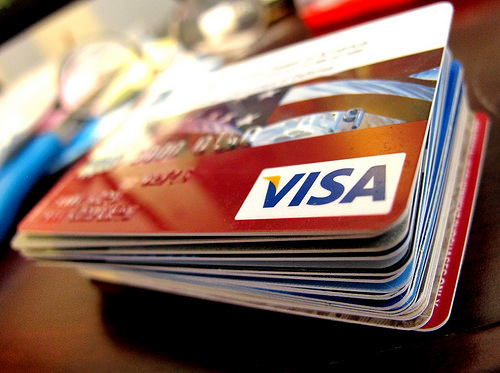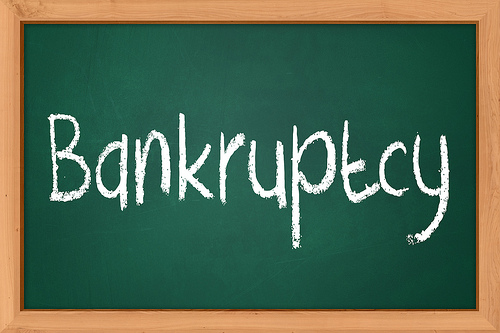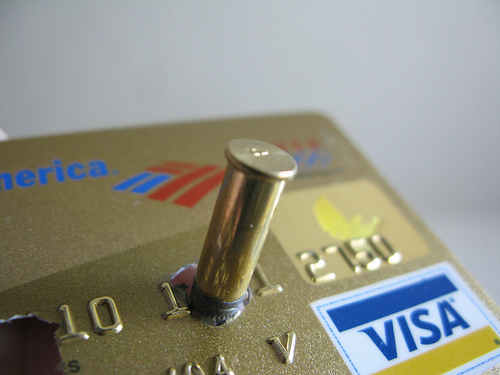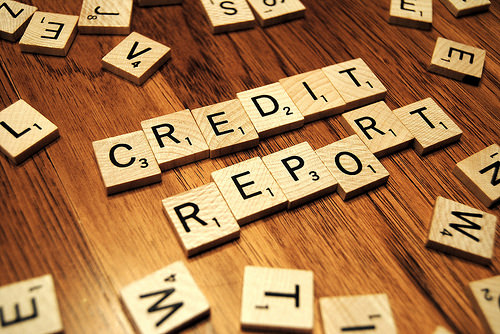
by Adam | Feb 27, 2015 | Credit Repair
A credit card can be a powerful tool if you use it correctly. One of the biggest advantages of using a credit card is getting the rewards that accumulate every time you make a purchase. Use the following tips to make sure you are getting the most out of your credit card. 1. Choose Something You Will Use There are many different rewards cards to choose from. Some cards offer cash back, some offer gift cards, some offer discounted merchandise and some offer travel discounts. The best rewards for you are the ones you will use. Cash Back This is the simplest and most practical option. With cash back, you are free to use your rewards for whatever you choose—there are no restrictions. If you aren’t sure which rewards you’d use most often, go with cash back and keep your options open. Gift Cards Gift cards are a great option if you’ll actually use them. Don’t settle for a rewards card that gives you gift cards to an obscure restaurant 3 cities away—choose one that will give you gift cards for stores you already shop at regularly. Merchandise Merchandise rewards can be fun, but make sure the products available are things you’d normally want. If you’d already planned on purchasing a new camera or blender, this could be a great option. If you would never buy those speakers on your own, merchandise rewards might not be the best fit for you. Travel Mileage And Points Travel discounts are very valuable rewards—as long as you can use them. Remember that many rewards programs come with restrictions about how you can use...

by Adam | Feb 20, 2015 | Uncategorized
Worried about how bankruptcy will affect your credit score? Maybe you have already filed for bankruptcy and are working on rebuilding your credit? Whatever your situation may be, rebuilding a credit score, especially after bankruptcy, can be difficult but not impossible. The following are some facts regarding how bankruptcy affects your credit score, how you can rebuild your credit after bankruptcy, and a few myths about bankruptcy that you should be aware of: Filing for Bankruptcy Here are simple steps to filing for bankruptcy: First, you should be aware that filing for bankruptcy is not actually SIMPLE, and sometimes, depending on your situation, there are other options worth considering. Make sure you sit down with an attorney to discuss your options and to talk about filing for bankruptcy before you go about refinancing your house, filing for bankruptcy, etc. Determine whether or not you qualify for chapter 7 bankruptcy; this is based on your income compared to other similarly sized families. If not, you can try chapter 13 “debt consolidation.” Decide if you are going to file for bankruptcy on your own or if you are going to discuss your situation with a lawyer. You will have to pay somewhere between $30-$50 dollars for mandatory credit counseling. Complete all the necessary paperwork; this is where help usually comes in handy. Next, in order to file a petition with the court you will need to submit all your paperwork along with your credit counseling certificate. Attend the meeting of creditors. Within 45 days of the creditor’s meeting you will need to complete a post-filing personal financial management course. This usually...

by Adam | Feb 13, 2015 | Credit Repair
For many people, credit card use becomes a cycle of debt that can be difficult to get out of. It may seem like all your efforts to chip away at your debt are fruitless, and that adding more to your credit card balances is the only way to stay afloat. People in a cycle of credit card debt often live paycheck to paycheck, with nothing left over to add to savings. Fortunately, you can break the cycle. With dedication and some advanced planning, you can pay down your credit cards and keep yourself from slipping back into debt. But how? Here are the steps you can take to gain control of your finances and remain free from the crippling cycle of credit card debt. 1. Combat feelings of hopelessness First, remind yourself that getting out of debt is achievable. If you foster feelings of hopelessness, with thoughts such as “I can never pay off my high credit card balances, so why bother,” then you’ll never find the motivation necessary for success. Instead, tell yourself that getting out of debt is not only possible, but easier than you think. It’s going to take some time, and you may feel like you’re not making much progress, but little by little you’ll be closer to your goals of financial stability. 2. Force yourself to stop using your credit cards To get out of debt, you can’t continue to add to your already-bulging credit cards. Months of payments can be eliminated by a few purchases, so eliminate the option entirely. The simplest way to reduce credit card debt is to stop using them altogether while you’re paying them...

by Adam | Feb 6, 2015 | Uncategorized
There are many places where you can get your credit score and credit report for free. Here’s a breakdown of the best. The first step to improving your credit score is to know what your credit score is in the first place. Each of the three credit bureaus is required by law to give you one free credit report per year, but they don’t have to give you your actual score for free. Often you will be charged $15 or more for access to your score, but there are many websites and companies out there who will promise to give you your credit score for free (usually as part of a free trial). To help you decide the best way to access your credit score and credit reports, here are 4 of the top companies offering free scores and reports: Annual Credit Report .com AnnualCreditReport.com is the official website authorized by the federal government where you can get your free annual credit reports. However, you can only get one free credit report per credit bureau, per year, and it doesn’t include your actual credit score. Thankfully, there are other ways to access your credit score for free. Credit.com If all you are looking for is your credit score, then you’ll get it and a little more for free at Credit.com. You’ll get your Experian score along with some free score analysis. Additionally, you won’t have to provide any credit card information and you won’t be signing up for a free trial period (so you don’t have to worry about getting automatically charged). Credit.com offers several paid products and services, including pre-paid credit cards and credit monitoring....






Recent Comments